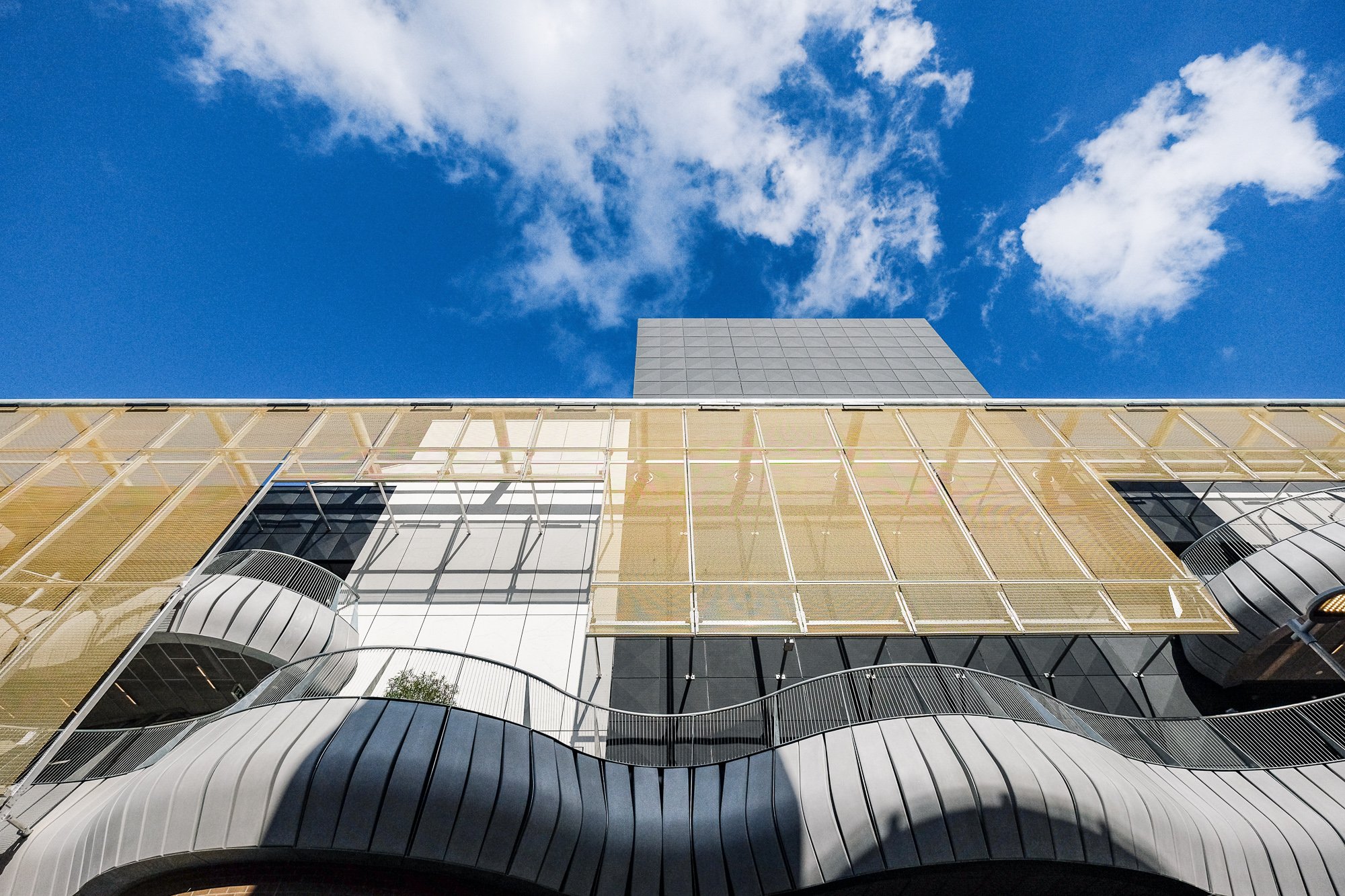
Mobilising
The University of Melbourne
for Action
SUSTAINABILITY REPORT 2022
Introduction
This is the University of Melbourne’s first report under our new Sustainability Plan 2030, launched in May 2022. The report sets the tone for our ambitious, collaborative approach to advancing sustainability, and tells the story of how our University community mobilised for sustainability action in 2022.

Report Domains
-

Amplifying action through campus and communities
-

Mobilising knowledge for action
-

Walking the talk in our operations
Acknowledgement of Country
The University of Melbourne acknowledges the Traditional Owners of the unceded land on which we work, learn and live: the Wurundjeri Woi-wurrung and Bunurong peoples (Burnley, Fishermans Bend, Parkville, Southbank and Werribee campuses), the Yorta Yorta Nation (Dookie and Shepparton campuses), and the Dja Dja Wurrung people (Creswick campus).
The University also acknowledges and is grateful to the Traditional Owners, Elders and Knowledge Holders of all Indigenous nations and clans who have been instrumental in our reconciliation journey.
We recognise the unique place held by Aboriginal and Torres Strait Islander peoples as the original owners and custodians of the lands and waterways across the Australian continent, with histories of continuous connection dating back more than 60,000 years. We also acknowledge their enduring cultural practices of caring for Country.
We pay respect to Elders past, present and future, and acknowledge the importance of Indigenous knowledge in the Academy. As a community of researchers, teachers, professional staff and students we are privileged to work and learn every day with Indigenous colleagues and partners.
Message from the Vice-Chancellor
Duncan Maskell
Vice-Chancellor, University of Melbourne
In May 2022, we launched the University of Melbourne Sustainability Plan 2030, our institution-wide statement of approach to achieving the University’s sustainability objectives over the next few years. The Plan is ambitious and strategic in equal measure, leveraging the University of Melbourne’s core attributes as an internationally recognised research, learning and teaching institution, and recognising the unique position we occupy in our local and global communities.
As staff members and students returned to campus after the lockdowns of the COVID-19 years, the University collectively worked to mobilise knowledge about sustainability in many fields to create greater impact. In doing so we achieved net zero emissions from electricity for the second year running, and invested $6 million in efficiency upgrades on our campuses.
Our flagship climate research institute, Melbourne Climate Futures, had a successful second year. Our academics contributed to sustainability research across a broad spectrum of knowledge domains. Our work included hosting events at the United Nations Climate Conference, COP27, contributing to the latest reports from the Intergovernmental Panel on Climate Change (IPCC) and testing new sustainability solutions on our campuses.
Over the past decade, the University has pioneered a number of innovative approaches to on-campus sustainability. Waste reduction initiatives like the Choose to Reuse Plate program now provide a model for other universities to follow. As this Report indicates in detail, we have innovated further within the past year, and look forward to advancing towards the University’s goal of being a global institutional leader in sustainability during the remaining years of this decade.


